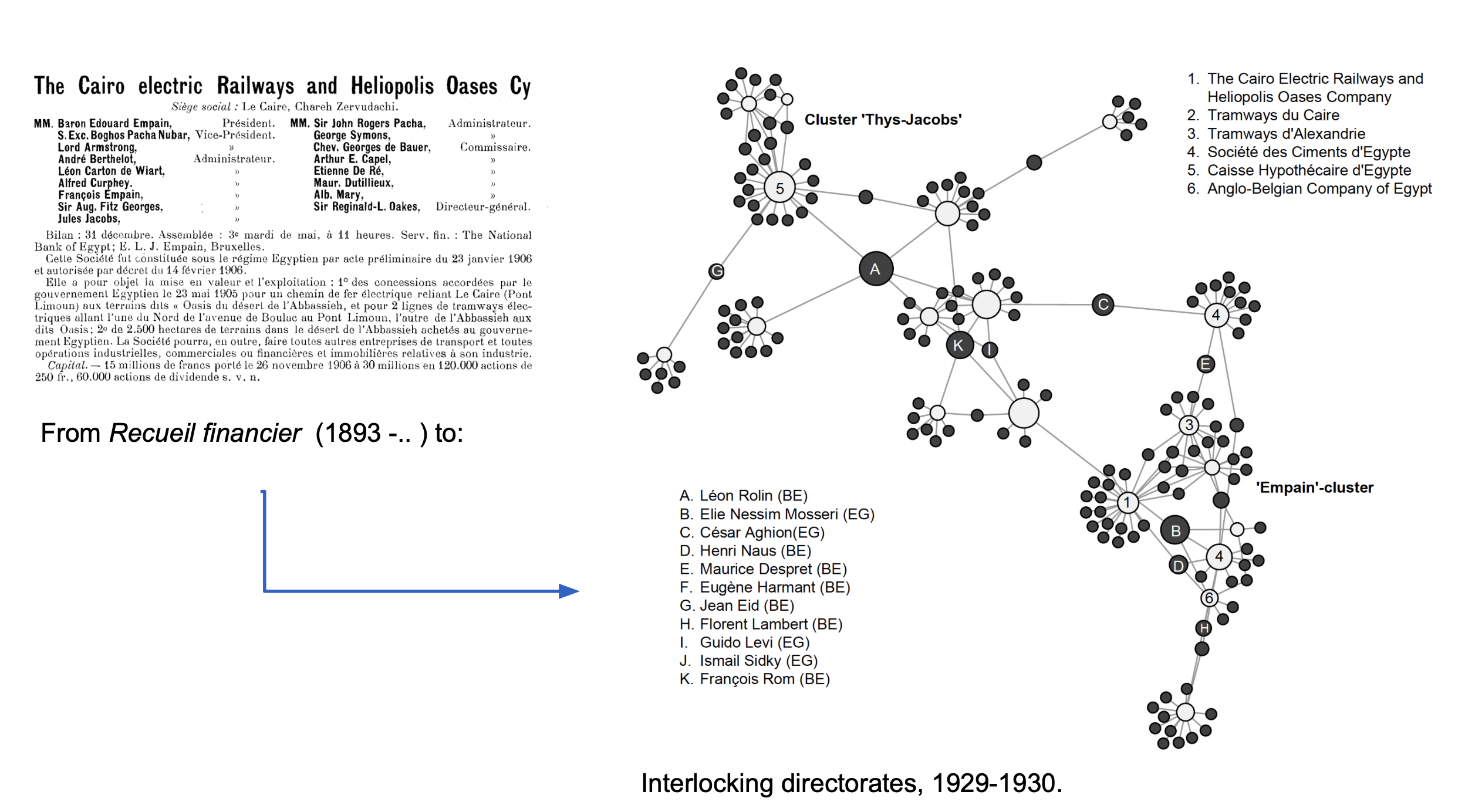Project Description
BelHisFirm aims to build a comprehensive historical database of Belgian companies, starting from 1873. It will collect and standardize key information on firms and banks, including accounting data, ownership records, stock portfolios, mergers, takeovers, foreign investments, and stock and bond prices. Important corporate events, such as changes in voting rights or legal structures, will also be included. Data will be preserved in its original form and converted into consistent formats to enable long-term analysis. A tool to standardize historical accounting data has already been developed.
The goal is to open the full life cycle of companies to researchers, from incorporation to closure, as seen through the eyes of different stakeholders. The database will support studies on company-level developments, sector dynamics, and broader economic patterns. By providing long-term firm-level data, the project creates new opportunities for research in business history, finance, inequality, and other areas where gradual change and historical depth matter.
Funding
BelHisFirm is funded by the FWO Research Foundation Flanders large-scale research infrastructure program.
Partners
BelHisFirm is a collaboration between the Study Center for Companies and Exchanges (SCOB) at the University of Antwerp, led by prof. Jan Annaert, and the Centre for Digital Humanities (GhentCDH) at Ghent University, directed by prof. Christophe Verbruggen.
Using CLARIAH-VL tools and services, GhentCDH will develop a data extraction pipeline and a collaborative platform for managing and visualizing the data. The project brings together expertise in digital humanities (prof. Julie Birkholz), economic history (dr. Robrecht Declercq, dr. Jan Vandersmissen), and financial history, supported by the long-term financial market data infrastructure built by SCOB.

Image from: Vandersmissen and Verbruggen 2023.

